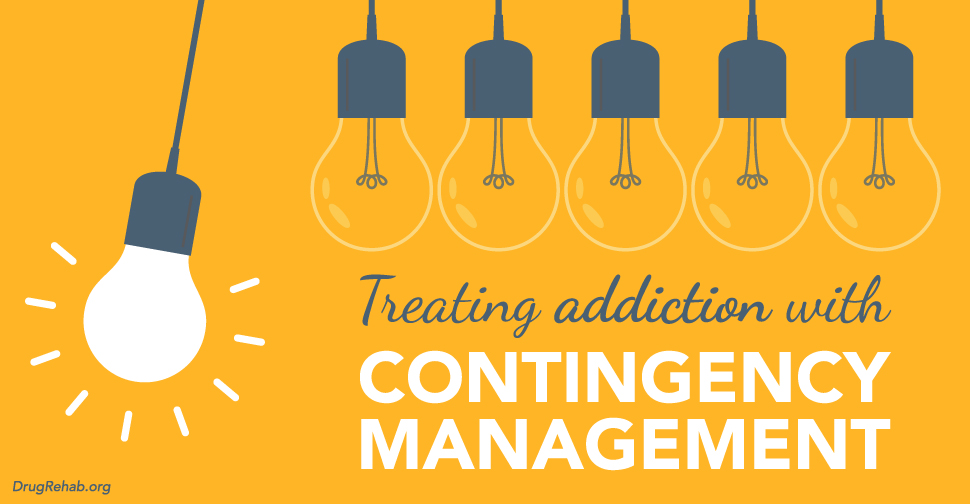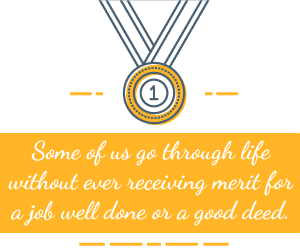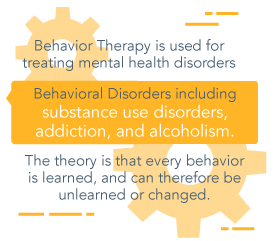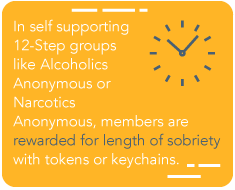
Contingency Management is a system used to treat addiction based on rewards and punishments for certain behaviors. The theory of Behavior Therapy states that every behavior is learned, and therefore can be forgotten. Addiction can be treated with Contingency Management in various settings such as Probation, Prison, or 12-Step Programs.
 It can be a refreshing feeling when you’re rewarded for doing something right–especially if you aren’t used to that sort of benefit. Some of us go through life without ever receiving merit for a job well done or a good deed. Though, perhaps more often, (or at least seemingly more often), our bad behavior is always acknowledged, and it can have some pretty negative repercussions on our lives. Bad behavior can get us into pretty hot water–nobody wants to get suspended from school, get arrested, or lose a job over a stunt they pulled.
It can be a refreshing feeling when you’re rewarded for doing something right–especially if you aren’t used to that sort of benefit. Some of us go through life without ever receiving merit for a job well done or a good deed. Though, perhaps more often, (or at least seemingly more often), our bad behavior is always acknowledged, and it can have some pretty negative repercussions on our lives. Bad behavior can get us into pretty hot water–nobody wants to get suspended from school, get arrested, or lose a job over a stunt they pulled.
People suffering from a drug or alcohol addiction, can get in a lot of trouble for drinking and drugging–something that their brain has been trained to tell them is right. Contingency Management is one approach to reversing the idea that bad behavior, like abusing drugs, is a good thing.
What Is Contingency Management?
There’s a way to correct behaviors through Contingency Management, which is a “strategy used… to encourage positive behavior change in patients by providing reinforcing consequences when patients meet treatment goals and by withholding those consequences or providing punitive measures when patients engage in the undesired behavior.”(National Institute on Alcohol Abuse and Alcoholism-NIAAA) A person on probation might receive merit for abstaining from alcohol and drugs–this can include early graduation, or a good report from the probation officer. On the other end, if a person uses drugs or alcohol while on probation, they might receive further punishment like jail time. Over time, the brain can be retrained to believe that abusing drugs is a bad thing.
Where Can Contingency Management Be Applied?
Contingency Management is applied in a person’s everyday life from the time they are little, by parents, teachers, siblings, coaches, and friends. As a person grows up, some learned behaviors can stick around and as they enter into the workforce, they may continue to be rewarded for hard work. Whereas they may be punished for other behaviors, such as drug and alcohol use. “Contingency Management interventions are based on the view that alcohol or drug use is a behavior that is influenced by neurobiological and environmental factors and that such behavior can be changed by applying consistent environmental consequences to reinforce the targeted behavior change.” NIAAA The theory is that if a person’s environment is forcibly changed, so will their actions–i.e. if an action is rewarded, it is more likely to be committed again, and vice versa.

It is the reward and punishment for behavior, and some of the areas where Contingency Management can be applied to treat addiction are:
- State Sanctions–Probation, Jail, and Recovery Court
- Federal Sanctions–Prison
- Behavior Therapy and Psychology
- 12-Step Programs
- Parental Guidance
- Everyday Life–Home, Work, and Social Relationships
Contingency Management And Probation
A person suffering from an addiction might get caught with an illegal substance, or get a sanction for driving under the influence of alcohol. More often than not, they will be put on probation as a punishment, though the (sometimes not so obvious) reward is that probation will give a person the opportunity to move on with life and not go to jail–if they complete all included sanctions. The judge may assign other punishments such as community service, 12 -Step group attendance, behavior therapy attendance, urine or hair drug screening, and daily breathalyzers. The probation officer then keeps tabs on an individual, and further punishment (like jail or extended probation) may result if their behavior or substance abuse does not cease.
Contingency Management And Prison
Almost the majority of people in United States prisons are incarcerated for a drug related crime. (Federal Bureau of Prisons) Once a person gets out of prison, they are kept on a pretty tight leash–known as parole. Parole is a lot like probation, except that while on parole, a person might be subject to frequent home visits from their parole officer, and will be required to check in as frequently as every day with urine, blood, or hair tests. Contingency Management will be implemented to the maximum when it comes to federal prison, and a reward for good behavior by the parole board can be as extreme as an early release. The punishment for bad behavior like failure to appear for a parole hearing, leaving the state, or failing a drug test can result in being sent back to prison.
Contingency Management And Behavior Therapy
Behavior Therapy is used for treating mental health disorders–such as Behavioral Disorders including substance use disorders, addiction, and alcoholism. The theory is that every behavior is learned, and can therefore be unlearned or changed. The pattern of behavior linked to addiction can be unhealthy and as a person’s tolerance to a drug grows, consequently, so does their risk of overdose and death. Contingency Management, though highly effective in treating drug addiction, is a resource that isn’t nearly as implemented as it could be.
 According to the National Center for Biotechnology Information, Contingency Management “interventions have been widely tested and evaluated in the context of substance misuse treatment, and they most often involve provision of monetary-based reinforcers for submission of drug-negative urine specimens.” Furthermore, according to the National Institute on Drug Abuse, these rewards are categorized as Voucher-Based Reinforcement VBR, and Prize Incentives.
According to the National Center for Biotechnology Information, Contingency Management “interventions have been widely tested and evaluated in the context of substance misuse treatment, and they most often involve provision of monetary-based reinforcers for submission of drug-negative urine specimens.” Furthermore, according to the National Institute on Drug Abuse, these rewards are categorized as Voucher-Based Reinforcement VBR, and Prize Incentives.
Voucher-Based Reinforcement, which has generally been used for opioid and cocaine addiction, is when a patient is given a voucher, for abstaining from drugs, that can be traded for other prizes–usually the prizes start small, and get bigger the longer a patient is sober. Prize Incentives are a lot like Voucher-Based Reinforcement, except that instead of vouchers, a patient will receive cash–like VBR the worth of a prize grows larger the longer sobriety is maintained.
Contingency Management And 12-Step Programs
In self supporting 12-Step groups like Alcoholics Anonymous or Narcotics Anonymous, members are rewarded for length of sobriety with tokens or keychains. In these programs, it is suggested that a person suffering from an addiction find a sponsor to guide them through the 12-Steps towards recovery. In AA there is no way of knowing if a person is staying sober, because it is an honesty based program–To Thine Own Self Be True is stamped on each coin. Similarly, Clean And Serene For Thirty Days (or however much time has passed since last drug use) is printed on the keychain awarded in Narcotics Anonymous.
 In these groups, there is no drug test, or hair sample, just a person’s word; however, if a member of AA and NA relapses or “slips” their sponsor might suggest that they come clean at the table–or tell the rest of the group. This embarrassment can be considered a punishment, though it reminds all members that relapse is not required of everyone suffering from addiction, but it is a possibility.
In these groups, there is no drug test, or hair sample, just a person’s word; however, if a member of AA and NA relapses or “slips” their sponsor might suggest that they come clean at the table–or tell the rest of the group. This embarrassment can be considered a punishment, though it reminds all members that relapse is not required of everyone suffering from addiction, but it is a possibility.
Finding The Right Contingency Management For Addiction
As we grow up and move out of the house, we are no longer protected from mom and dad–there will surely be choices to make, and sometimes we make the wrong choices and other times we make the right choices. These choices can lead one to a promotion at work, or they can lead to a drug addiction; sometimes the choices we make are based on the simple fact that something feels good. It can be easy to get sucked into an addiction, but getting out can be a lot harder. If you’re worried that you or a loved one is addicted to drugs or alcohol, and would like to learn about treatments like Contingent Management, contact us today. There is no reward like living a healthy life, free from addiction.
Sources
National Institute on Alcohol Abuse and Alcoholism – Contingency Management Incentives for Sobriety
National Center for Biotechnology Information – Contingency management: What it is and why psychiatrists should want to use it.
National Institute on Drug Abuse – Contingency Management Interventions/Motivational Incentives
Federal Bureau of Prisons – Statistics Inmate Offenses

